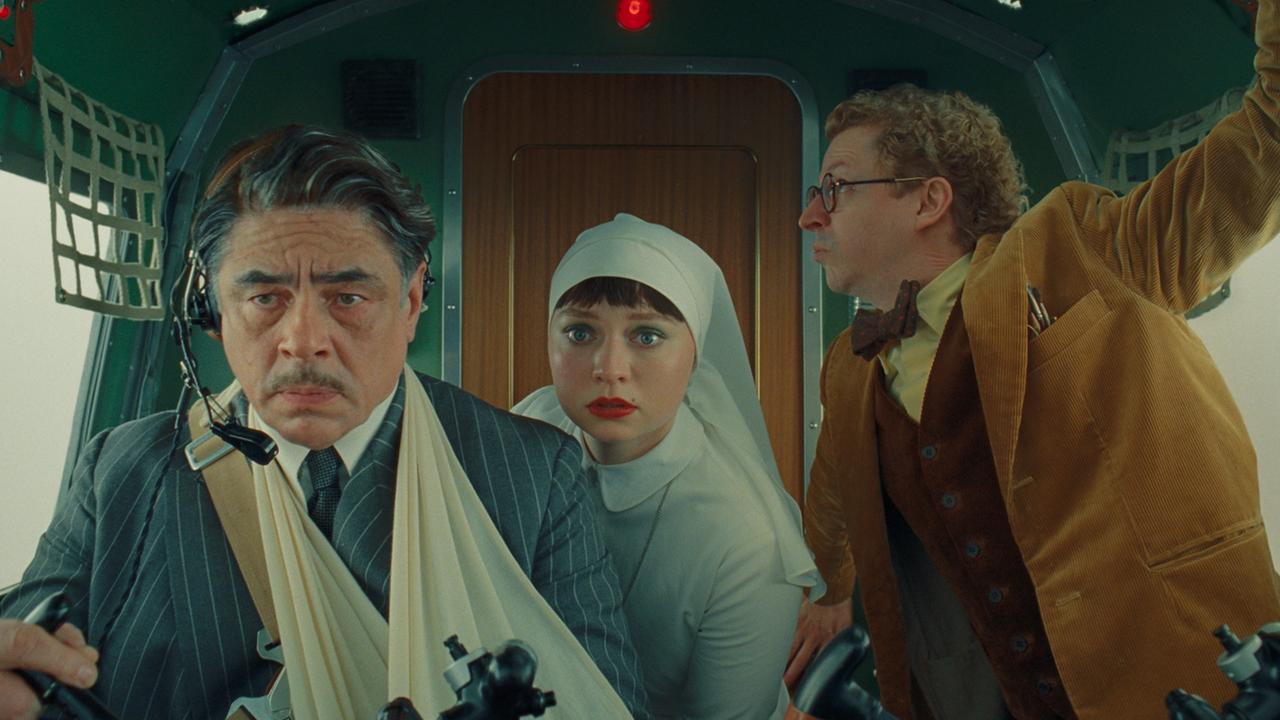Steven Spielberg goes all in on the deeply personal The Fabelmans
Steven Spielberg has told many stories in his decades-long career, but none like this before.
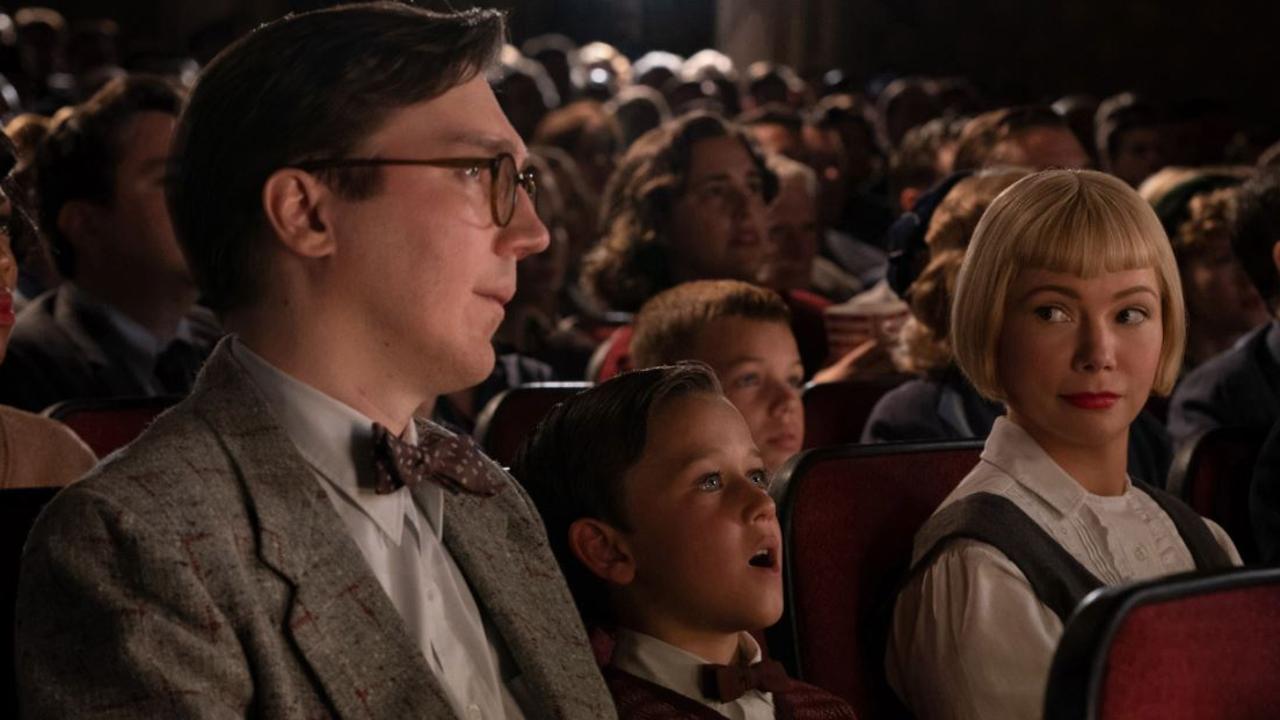
You can’t swing a cat without hitting a filmmaker’s semi-autobiographical story of their childhood. Also, don’t swing cats.
The old adage of writing what you know has been ringing loudly in the past few years as filmmakers plumb their own memories, feelings and – sometimes – traumas to craft intimate, personal cinema.
Last year, it was the black-and-white nostalgia of Kenneth Branagh’s Belfast or the raucous funtimes of Paul Thomas Anderson’s Licorice Pizza.
This season alone, James Gray’s Armageddon Time, Charlotte Wells’ Aftersun, Mia Hanson-Love’s One Fine Morning and Alejandro G. Inarritu’s Bardo are all drawn from their creators’ experiences.
But the one to grab the most attention will be The Fabelmans, the semi-fictionalised remembrances of Steven Spielberg – arguably still the most famous director in the world. Ask the average English-speaking punter to name a director and most of the time, Spielberg will be the first name that pops into their head.
And Spielberg is renowned and beloved for a reason, having cemented himself as one of the most regarded visual storytellers of his and any generation with the likes of Jaws, ET and Saving Private Ryan.
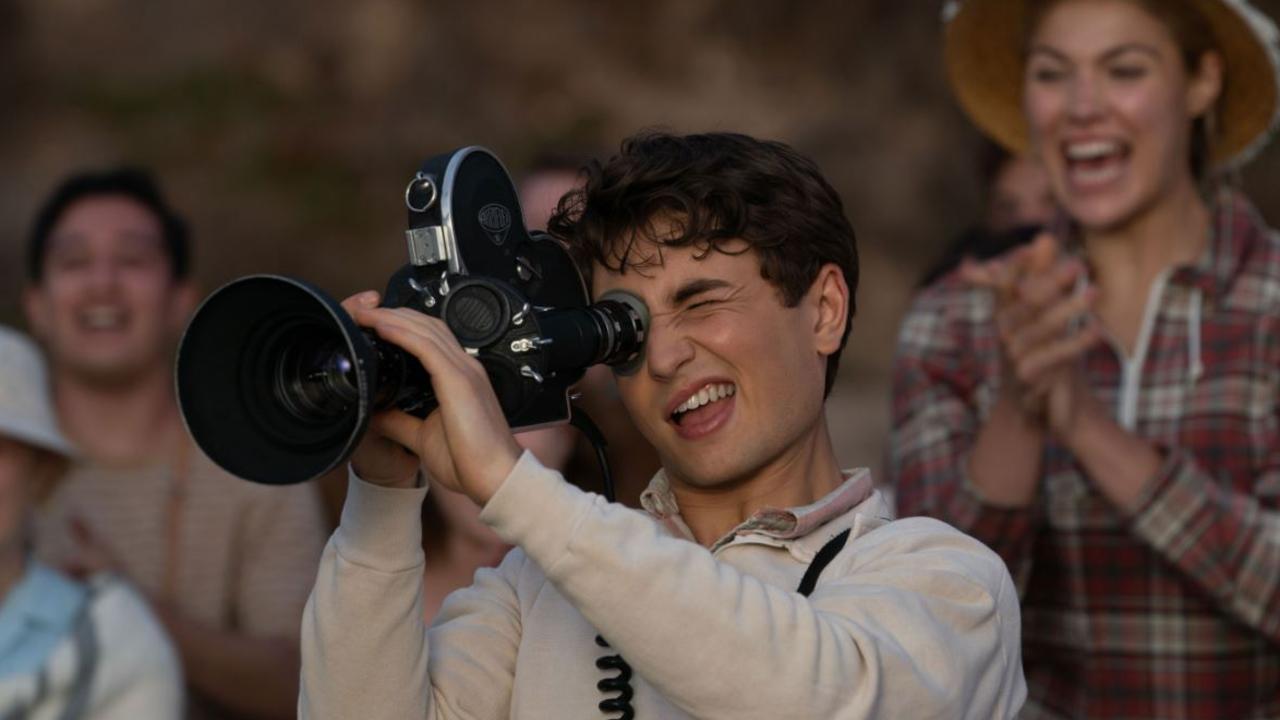
The story of Spielberg’s own deep love for cinema, of his youth making movies with his friends, is part of the narrative of his talent. The Fabelmans only adds to that mythmaking, of this idea that Spielberg was always going to be the artist he became.
It’s a beautiful, tender and emotionally complex film, one which pays tribute to his parents but also ensures their humanity through their flaws and failings. It’s evocative of a time and place and, most significantly, of the swirls of adolescent emotions, of the hunger for what’s next and the desperate clinging on of what’s there.
Spielberg’s onscreen avatar is Sammy Fabelman (Gabriel LaBelle as a teen, Mateo Zoryon Francis-DeFord as a child), the son of pianist Mitzi (Michelle Williams) and computer engineer Burt (Paul Dano).
The first movie Mitzi and Burt take Sammy to is The Greatest Show on Earth, and he’s immediately entranced by the spectacle in the picture house. Asking for a train set for Hanukkah, Sammy recreates the famous crash scene, filming it with his dad’s 8mm camera.
It unlocks something in him, and by the time the family has moved to Arizona for Burt’s career, he’s made a ton of movies with his three sisters acting as his repertoire group.
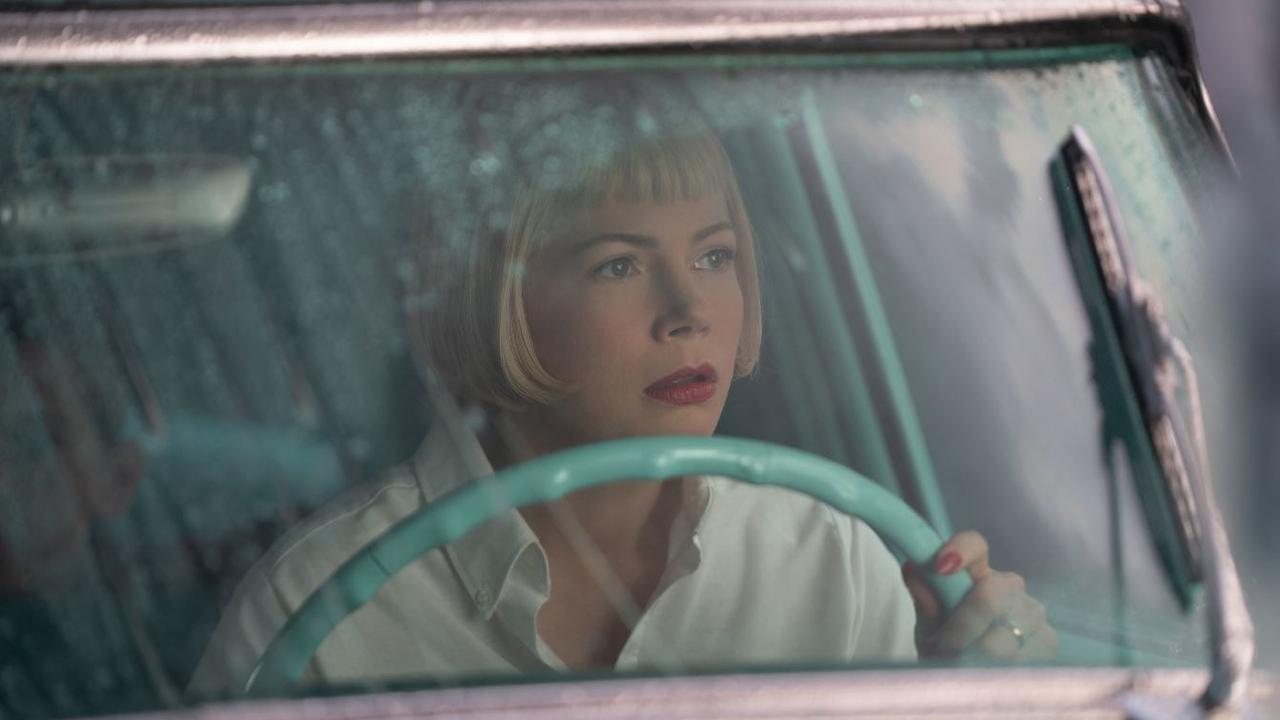
Sammy’s creative aspirations draw a clear line between the character and the acclaimed director Spielberg would become. Sammy makes meticulously crafted stories, inspired by heroes such as John Ford and David Lean. He’s imaginative and clever, resourceful and determined – already a great storyteller.
But nostalgia is a double-edged sword, and The Fabelmans’ coming-of-age story glides along both sides. Sammy’s triumphs are entwined with the dramas of his parents’ relationship with each other and with him.
As Jon Hamm’s character Don Draper pointed out in one of Mad Men’s most iconic scenes, the Kodak Carousel pitch, nostalgia also refers to pain in memory, of old wounds not quite healed, and of the wistfulness for home and for the past.
Spielberg has previously spoken about how he has wanted to make a movie of his childhood but had feared his parents’ reaction to it. His mum Leah died in 2017 and his dad Arnold in 2020, and The Fabelmans is pulsing with a son’s love for his parents.
But that love isn’t purely rose-tinted. There’s a clarity here of the demons that haunted his folks, and of how those problems changed his and his sisters’ lives.
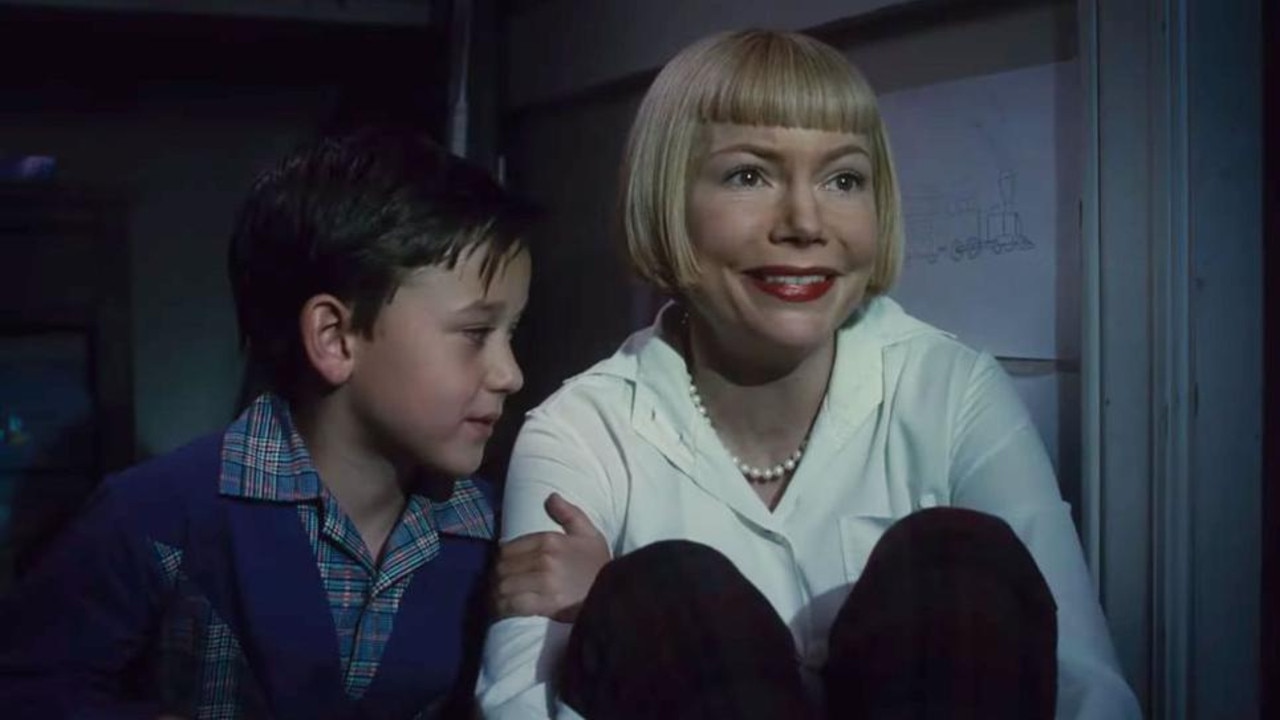
Williams and Dano are superb, particularly Williams who has shaded Mitzi in as a person with thwarted ambitions, an artist’s heart and the pain of someone who yearned for something – and someone – else. It’s a deeply compassionate performance created with a director with clear personal stakes.
In many ways, The Fabelmans is as much Mitzi’s story as it is Sammy’s – or Leah’s story as it is Steven’s.
And it’s vividly captured on 35mm stock by Spielberg’s frequent cinematographer Janusz Kaminski, whose warm tones evoke all those heady memories while John Williams’ score adds to its emotional weight.
Even with the riches of all these semi-autobiographical stories in the hands of gifted filmmakers, there is something distinct about The Fabelmans, which has scale in both the story and the craft.
After all this time at the peak of his talent, Spielberg found you can go home again.
Rating: 4/5
The Fabelmans is in cinemas now




